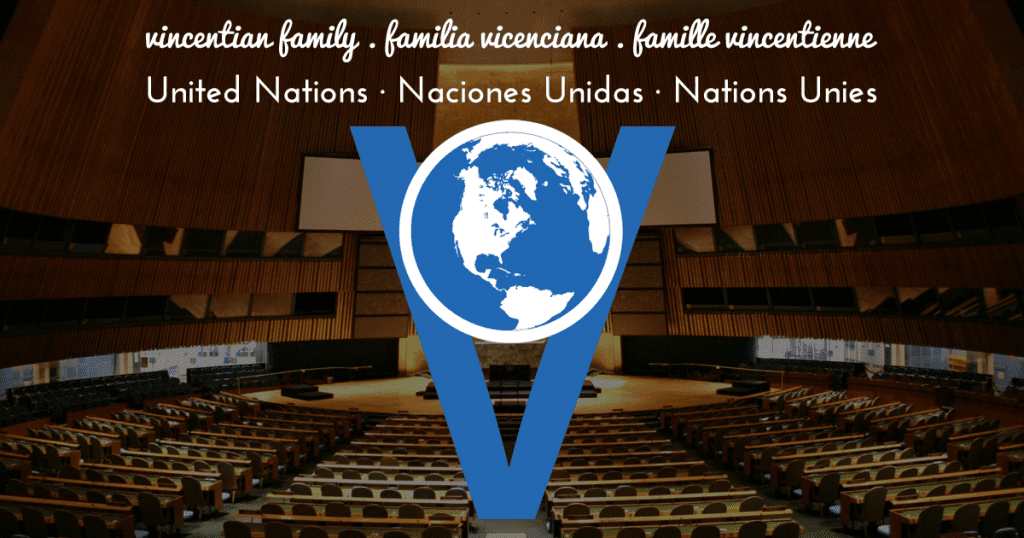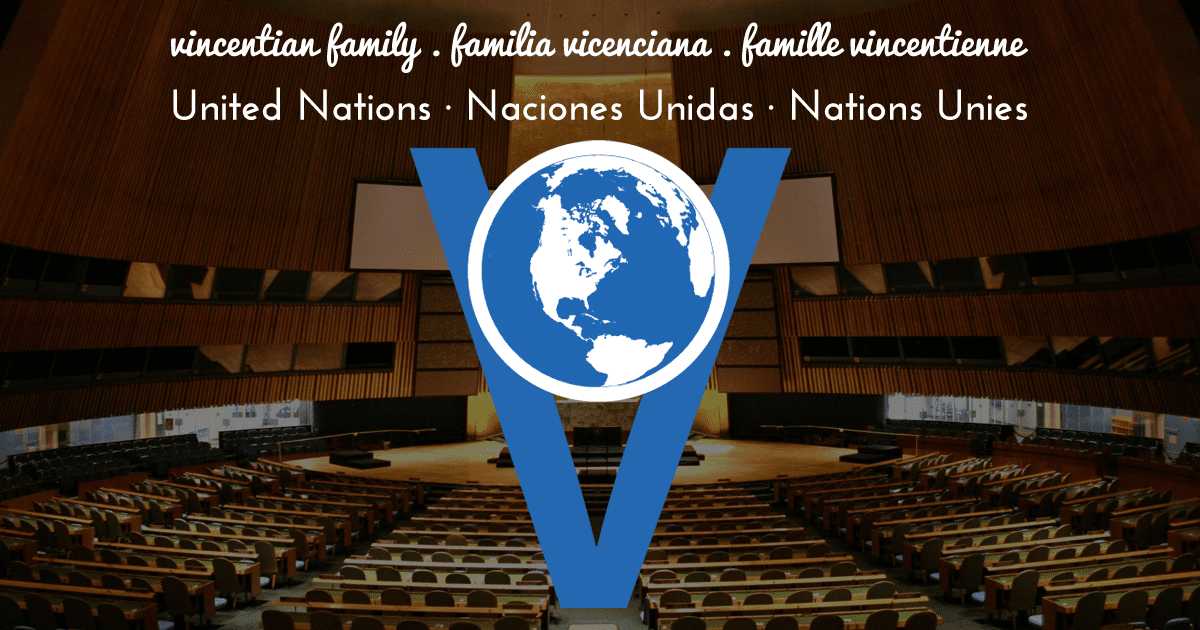New Secretary-General Antonio Guterres

The new Secretary-General took office on January 2, 2017. Given below are excerpts from his speech made after taking oath of office on December 12, 2016. It is his road map for the future and he has already focused on some of these issues.
“Fear is driving the decisions of many people around the world. We must understand their anxieties and meet their needs, without losing sight of our universal values. It is time to reconstruct relations between people and leaders — national and international; time for leaders to listen and show that they care, about their own people and about the global stability and solidarity on which we all depend. And it is time for the United Nations to do the same: to recognize its shortcomings and to reform the way it works. This Organization is the cornerstone of multilateralism, and has contributed to decades of relative peace.
Our most serious shortcoming — and here I refer to the entire international community – is our inability to prevent crises. The United Nations was born from war. Today, we must be here for peace.
The United Nations system has not yet done enough to prevent and respond to the appalling crimes of sexual violence and exploitation committed under the UN flag against those we are supposed to protect. I will work closely with Member States on structural, legal and operational measures to make the zero-tolerance policy a reality…ensure transparency and accountability and offer protection and effective remedies to the victims.
The second key element of the reform agenda concerns the United Nations support to Member States in achieving the Sustainable Development Goals and the objectives of the Paris Agreement, an expression of global solidarity, with their promise to leave no one behind. To do this, we will reposition development at the center of our work, and engage in a comprehensive reform of the United Nations development system, at Headquarters and country levels.
The third key area is management reform. We will build on existing efforts and implement the recent initiatives that were approved. But, looking at United Nations staff and budgetary rules and regulations, one might think that some of them were designed to prevent, rather than enable, the effective delivery of our mandates.
By the end of my mandate, we should reach full gender parity at the Under-Secretary-General and Assistant Secretary-General levels, including special representatives and special envoys. We need a clear road map with benchmarks and time frames to achieve parity across the system, well before the target year of 2030. And the same concern applies to regional diversity.
Today´s paradox is that, despite greater connectivity, societies are becoming more fragmented. More and more people live within their own bubbles, unable to appreciate their links with the whole human family. In the end, it comes down to values, as was said many times today. We want the world our children inherit to be defined by the values enshrined in the United Nations Charter: peace, justice, respect, human rights, tolerance and solidarity. All major religions embrace these principles, and we strive to reflect them in our daily lives.”
He has appointed five women to senior posts at the UN; chief among them are Ms. Amina J. Mohammed as the Deputy Secretary-General, (she was a special advisor to the Secretary-General on Post 2015 Development Planning), Maria Luiza Ribeiro Viotti as Chef de Cabinet and Kyung-wha Kang as Senior Advisor on Policy.
In his regular meeting with the Security Council, he has been stressing the need for peace building and conflict prevention. “To fight terrorism is extremely important but let’s have no illusions: we will never, as an international community, be successful fighting terrorism if we don’t find political solutions in which the people can feel comfortable and the people can feel duly represented at the political level.” This statement comes at a time when the Security Council has reached an impasse over the crisis in Syria. Because of the mistrust that exists between SC members, many opportunities for crisis prevention are lost.
Since taking office he has travelled to Africa, Middle East and Europe to meet with leaders of the regions and address various Organizations, like the African Union, UNHCR – United Nations Human Rights Council and others. He urged UNHCR to come up with cures for “attacks on the rights of refugees and minorities around the world.”
In January he approved the UN whistleblower policy, to enhance protection for individuals who report possible misconduct or cooperate with authorized audits and investigations.
In February he appointed an internal review team to take forward the ‘reforms to the UN Secretariat peace and security strategy, functioning and architecture.’ The team should submit its recommendations to the S-G by June 2017, to initiate the process of consultations with UN Member States and other relevant entities.
Reform of the United Nations is not completed without the reform of the Security Council, which is a concern for many Member States and people around the world. It would require a change in the UN Charter which should not only be approved by a qualified majority, but also by the five Permanent Members of the Security Council. The Secretary-General is interested in moving the dialogue further on this issue.
“Let us make 2017 a year for peace” – UN Secretary-General Antonio Guterres
Human dignity will be “the core of my work,” says UN Secretary-General-designate Antonio Guterres
Teresa Kotturan, SCN, NGO Representative for Sisters of Charity Federation
Tags: United Nations







0 Comments